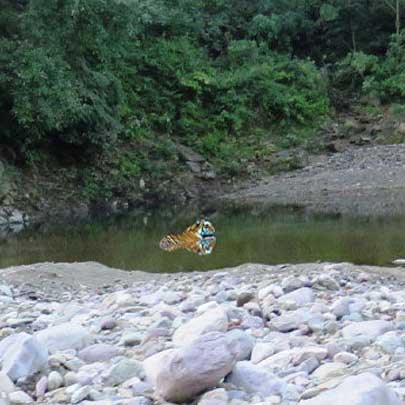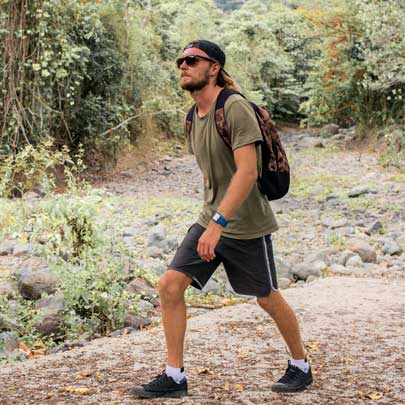Eco-Tourism Initiatives: Sustainable Travel Practices In Tadoba Tiger Reserve
Eco-tourism initiatives and sustainable travel practices play a crucial role in preserving the ecological integrity of Tadoba Tiger Reserve while promoting responsible tourism and supporting local communities. Let's delve into the details of these initiatives and practices:
1. Conservation Objectives:
- Tadoba Tiger Reserve, located in Maharashtra, India, is committed to conserving its rich biodiversity, including its flagship species, the Bengal tiger, along with other flora and fauna.

- Eco-tourism initiatives are designed to align with the reserve's conservation objectives, aiming to minimize the impact of tourism activities on the environment while maximizing the benefits for wildlife protection and local communities.
2. Responsible Visitor Behavior:
- Sustainable travel practices begin with responsible visitor behavior. Visitors are encouraged to follow guidelines and regulations set by the reserve authorities to minimize their ecological footprint.
- This includes staying on designated trails, refraining from littering, respecting wildlife by maintaining a safe distance and avoiding behaviors that may disturb animals or their habitats.
3. Eco-Friendly Accommodations:
- Tadoba Tiger Reserve offers a range of eco-friendly accommodation options, including lodges and resorts that prioritize sustainability.

- These accommodations often employ practices such as water and energy conservation, waste management and use of renewable energy sources to reduce their environmental impact.
4. Community Engagement and Benefits:
- Sustainable travel practices in Tadoba Tiger Reserve also focus on fostering positive relationships with local communities and ensuring they benefit from tourism activities.
- Community-based tourism initiatives provide opportunities for local residents to participate in guiding, hospitality and other tourism-related activities, thereby enhancing their livelihoods and incentivizing conservation efforts.
5. Wildlife Viewing Etiquette:
- Visitors are educated about wildlife viewing etiquette to ensure minimal disturbance to animals and their habitats.

- Guides emphasize the importance of maintaining a respectful distance from wildlife, avoiding sudden movements or loud noises and refraining from feeding or approaching animals.
6. Environmental Education and Interpretation:
- The reserve offers environmental education programs and interpretive activities to enhance visitors' understanding of the park's ecology, conservation challenges and the importance of biodiversity.
- Interpretive centers and guided tours provide opportunities for visitors to learn about the significance of Tadoba Tiger Reserve's ecosystems and the need for their protection.
7. Conservation Initiatives and Partnerships:
- Tadoba Tiger Reserve collaborates with various stakeholders, including government agencies, non-profit organizations and local communities, to implement conservation projects and initiatives.
- These efforts may include habitat restoration, anti-poaching measures, research and monitoring programs and community development projects aimed at promoting sustainable livelihoods.
8. Promotion of Sustainable Transportation:
- Efforts are made to promote sustainable transportation options for reaching and exploring Tadoba Tiger Reserve.
- Encouraging the use of public transportation, carpooling or eco-friendly modes of travel reduces carbon emissions and minimizes the environmental impact of visitor transportation.
9. Continuous Monitoring and Adaptation:
- Tadoba Tiger Reserve continuously monitors the impact of tourism activities on its ecosystems and wildlife populations.
- Adaptive management strategies are employed to address emerging challenges and ensure that eco-tourism initiatives remain effective in achieving conservation goals while meeting the needs of visitors and local communities.
In summary, eco-tourism initiatives and sustainable travel practices in Tadoba Tiger Reserve are integral to the park's conservation efforts, aiming to strike a balance between protecting its natural resources, providing meaningful visitor experiences and supporting local communities. Through responsible tourism practices and active participation in conservation initiatives, visitors can contribute to the long-term sustainability of Tadoba Tiger Reserve and its valuable ecosystems.












































































